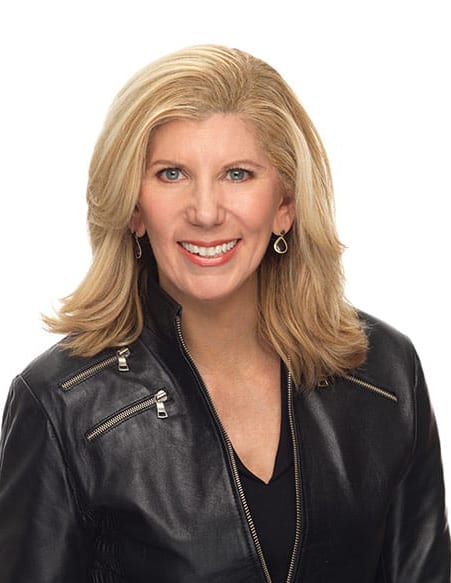 The greatest obstacle for women reaching top positions seems to have a cultural basis and apply differently depending on where you live in the world. In a recent trip to the Summer Davos World Economic Forum conference in Dalian, I heard a presentation in which the Director of Women’s Studies at the Institute of China, Tan Lin, said, “The ‘glass ceiling’ is made of traditional mindsets.” She elaborated that, “Career and family should not be on opposing sides,” but they often are and pose a dilemma for women in China to balance career success with their appeal to men.
The greatest obstacle for women reaching top positions seems to have a cultural basis and apply differently depending on where you live in the world. In a recent trip to the Summer Davos World Economic Forum conference in Dalian, I heard a presentation in which the Director of Women’s Studies at the Institute of China, Tan Lin, said, “The ‘glass ceiling’ is made of traditional mindsets.” She elaborated that, “Career and family should not be on opposing sides,” but they often are and pose a dilemma for women in China to balance career success with their appeal to men.
Women who find vocational success in China can carry the risk of being labeled ”shengnu” or “leftovers,” a slang term that has invited much discussion and is used to describe career-oriented women in their late 20’s who are not yet married. With a cultural norm of marrying up – someone taller, older, more educated and earning more – the field for a suitable spouse is reduced by financial success. Others believe it can be a binary choice – that choosing a career is synonymous with choosing not to have a family.
I became committed to championing women’s leadership at my own agency, Ketchum, after being one of only 14% of women at Davos in 2011. The recent WEF conference in Dalian and my sessions in our Beijing and Shanghai offices have increased my motivation. There was talk in Dalian that on the one hand individuals are leaders and we should not emphasize female leadership in a category unto itself, and then on the other hand, there is Facebook’s Sheryl Sandberg advocating for change and that we be more vocal. In Dalian Sheryl asked men in the crowd if they had ever been told they were overly ambitious to raise their hands and a few went up. She quipped, “There are always a few of you.” When the same was asked of the women, almost every hand went up.
To me, the lesson is that we must educate men as much as women on the importance of gender equality. A panelist Jiang Xipei, Chairman of Far East Holding Company, said: “We need to raise our sons differently.” The need for stronger, more formalized associations promoting gender equity to impact societal norms on a grander scale was also discussed.
The Minister of Gender Equality and Family for the Republic of Korea Cho Yoon-Sun said, “My role is to make promising females feel work life balance is possible. The President created this role because they feel women are vital to the economic success of the country.” She is working to certify companies who include on-site childcare and more flexible work hours. Currently in Korea, men and women start out in equal numbers in advanced education and entry level roles, but, like in many other countries, it is the women who continually drop out of the workforce as soon as they have families. One side effect is an increased poverty level amongst elderly women.
These trends of gender status quos in China, Korea, the United States and elsewhere pose important social questions. Can we change traditional cultural mores? Will women be able to simultaneously reach their full career potential, find a suitable spouse and have children? It will take time and a commitment from both men and women to shift cultural expectations and structural obstacles. As a female leader, I will strive to help women hone the specific skills they will need to move up the ranks and seek to enlighten men and women of the biases that exist so that we may all better understand the challenges at hand. In other words, be it Dalian or Dallas, may no one be leftover nor left behind.
Image credit: www.dailymail.co.uk



